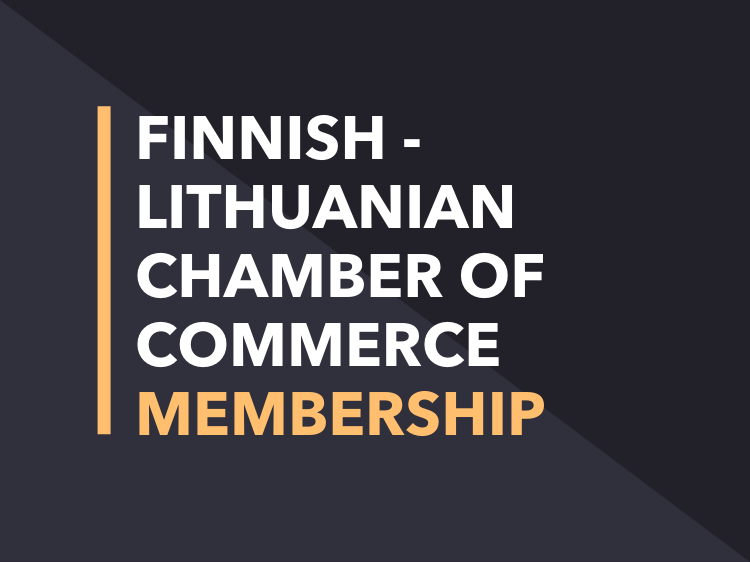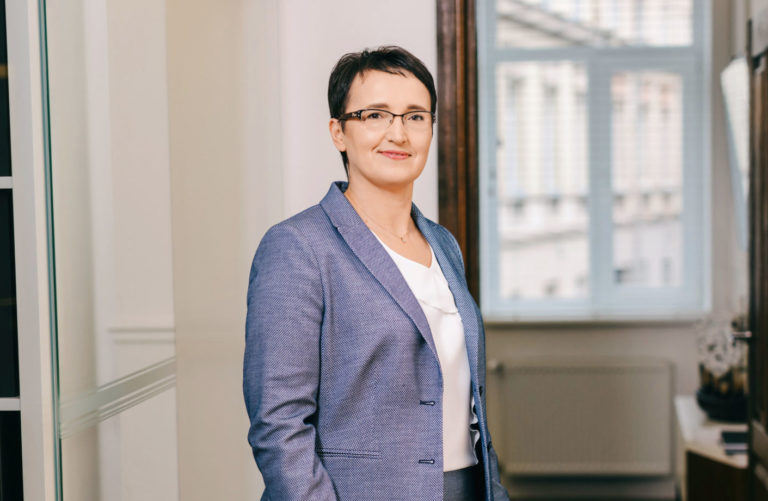
The German customs are the leader in terms of efficiency. It is at the top of the Logistics Performance Index compiled by the World Economic Forum in 2018, and maintains a lead over such countries as Sweden, Japan, Denmark, the Netherlands, or Singapore. Where is Lithuania? Based on its customs performance, Lithuania is rated 46th. In comparison to its position in 2016, its assessment has deteriorated most (out of the three Baltic states and Poland), and it was ranked lower by 18 entries.
It would seem that neither businesses nor individuals should have different conditions in the European Union functioning as a single economic area where goods for retail sale or personal use are imported from the third countries. In other words, people in any member state of the EU should expect that the game is played by the same rules. Obviously, this is not how it works.
If we consider the three Baltic States and Poland, the World Economic Forum gives the highest score for performance of the Estonian customs (it was ranked 28th globally in 2018), which is followed by Poland (33rd), Lithuania (46th) and Latvia (49th).
The impression of the lawyer who works in the area of customs law and often looks into the disputes with the national customs may be regarded as too subjective. Yet the fact that the assessment given by the global organisation essentially reflects a similar situation suggests that this is not only a biased personal opinion, but rather a measurable issue also noticed by an outsider.
The legal regulation is truly uniform in the entire customs territory of the Union. However, one cannot help but noticing that some of our business people find themselves in the situations after which they tend to consider cooperating with the customs offices of other EU countries, and the clear winner here is Poland. In fact, in comparison to 2016, the latter did not experience negative dynamics last year, and has maintained its stable position on the Logistics Performance Index of the World Economic Forum based on the assessment of its customs operation.
What is actually evaluated by the World Economic Forum? It looks at the efficiency of procedures of the border guard and customs: speed, simplicity, predictability of formalities. The customs office is one out of six constituents of the index along with the infrastructure, international shipments, logistics, ability to trace the consignment, and the final time of delivery of consignment which is greatly affected by customs procedures without doubt. In my view, the attitude of the Lithuanian customs is the determinant factor why some of shipments bypass it, and reach our country after the goods have been released for free circulation and customs cleared in other EU member states.
To be able to better understand the reasons for such situation, let us imagine a shipment of sweaters or umbrellas ordered by a business person/s X in our country from the manufacturers Y in China, intended for sale in Lithuania. Let’s say the volume of the order is 1 thousand units, and the declared purchase price of one unit of goods is 1 euro.
Such customs value is very likely to be questioned at the Lithuanian customs although the transaction value (the price actually paid or payable for the goods) is clear and documented by a payment record of a financial institution. It is also likely that the officers of our country will assess the sweaters or umbrellas without applying the transaction valuation method.
If compared to Poland, the difference emerges in the interpretation of evidence and legal acts. As experience shows, a different scenario would be more likely at the Polish customs: the payment record would probably be sufficient for the officers to see that the declared amount has been paid for the goods, and they would not undertake to review the declared customs value.
It is the matter of different attitude and interpretation of the situation, but it may determine a great deal as it permits a rather varying application of the same legal framework in practical situations.
In addition, as regards possible unfair practices or abuse, it would be inadequate to claim that it never happens, or that we need to close our eyes to this for the sake of the growing imports. However, it should be pointed out that the situations where both business representatives and ordinary people in Lithuania are automatically considered dishonest although they follow the generally accepted rules do not add trust in the system. Neither does the fact that the situation may undergo a 180 degree change due to the manner in which documents are submitted to the customs as evidence.
The wish to collect as much revenue as possible to the budget is understandable, but it is practically impossible to determine just how efficient such rigid and distrustful attitude is in achieving this particular goal. No statistics will reveal the share of shipments which reach us through other EU countries although they could have been customs cleared at the Lithuanian border. On the other hand, if we can objectively see our country as still having room for improvement as an attractive logistics point in the eyes of the World Economic Forum, the direction is clear: to move forward more quickly, if not towards Germany, then at least towards Poland.
Prepared according to 2019-10-25 commentary for 15min.lt










